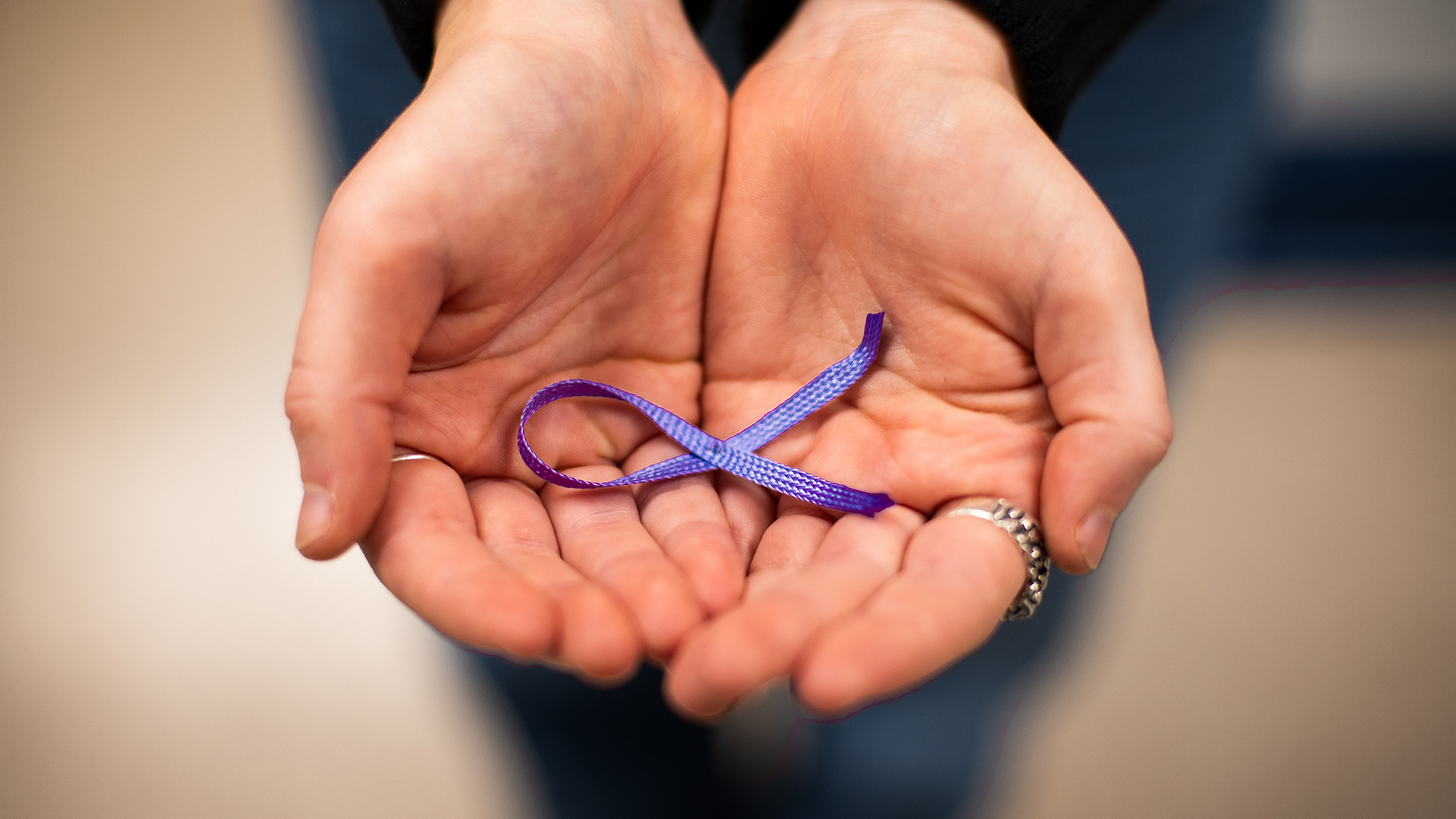Province names 25 people to table on gender-based violence
Province declared intimate partner violence an epidemic in 2024

caption
The purple ribbon is a symbol used by those fighting against gender-based violence.After more than 250 applicants put forth their names to sit on Nova Scotia’s new gender-based violence roundtable, the province has called 25 people to the table.
Charys Payne, the executive director of the gender-based violence division at the department of justice, was responsible for leading the applicant review process. She says members were chosen with the help of an “intersectional rubric” that assessed the experiences of applicants while prioritizing underserved and underrepresented community members.
“Intimate partner violence is such a complex issue. It … touches people from all walks of life,” said Payne in an interview. “Because of that complexity … we really need to be looking at how we bring people together from diverse perspectives who have experienced these forms of violence.”
“Intimate partner violence is such a complex issue. It… touches people from all walks of life.”
Charys Payne
The province announced the creation of the table in June and said it would be formed as a “whole-of-society approach” — meaning community members would work with government delegates.
Karen Bernard, from Whycocomagh First Nation in Cape Breton, is one of the new appointments.
Bernard has worked in social justice for the past 25 years and is a vice-president on the executive board Nova Scotia Native Women’s Association.
She applied because of her desire to make change and create a safe space for women and two-spirit people.
“We’re never going to eliminate gender-based violence. Just like we’re never going to eliminate addictions,” said Bernard in an interview.
“We’re never going to eliminate so many things, but what we can do, and we can hope to do is either decrease those numbers and increase those supports to those people that are impacted by gender-based violence.”
One of her concerns is the expansion of access to alcohol in Nova Scotia. “That does not impress me at all,” she says.
In May, the province said they will consider expanding the number of places people can buy and drink alcohol, such as grocery stores and public spaces.
She worries that making it easier to buy alcohol may increase violence against women.
| Victims of violence and abusive behaviour from an intimate partner relationship in Nova Scotia can find resources here. |
The first meeting of the new group, known as the Ministers’ Table on Gender-Based Violence, is scheduled for late November, and will coincide with the 16 Days of Activism Against Gender-Based Violence campaign, held by the Centre for Women’s Global Leadership. The initiative aims to prevent gender-based online violence against women.
“This is such an important issue that no one community can do it alone and we need each other’s voices and understandings of how this phenomenon manifests if we are going to be able to address it in a real and sustained way,” said Payne.
In 2024, Nova Scotia passed a bill declaring intimate partner violence an epidemic.
| 2018 | 2019 | 2020 | 2021 | 2022 | 2023 | 2024 |
| 320 | 343 | 367 | 349 | 347 | 339 | 321 |
The table is co-chaired by Status of Women Minister Leah Martin and Justice Minister Scott Armstrong.
“We’ve got a vast amount of experience at the table,” said Martin in a news conference in late October. “(We’re) really looking to listen to the voices that are there and hearing how they see this work guiding the work forward.”
About the author

Martha Cope
Martha Cope is a student in the master of journalism program at the University of King's College. She has an undergraduate degree in history...
